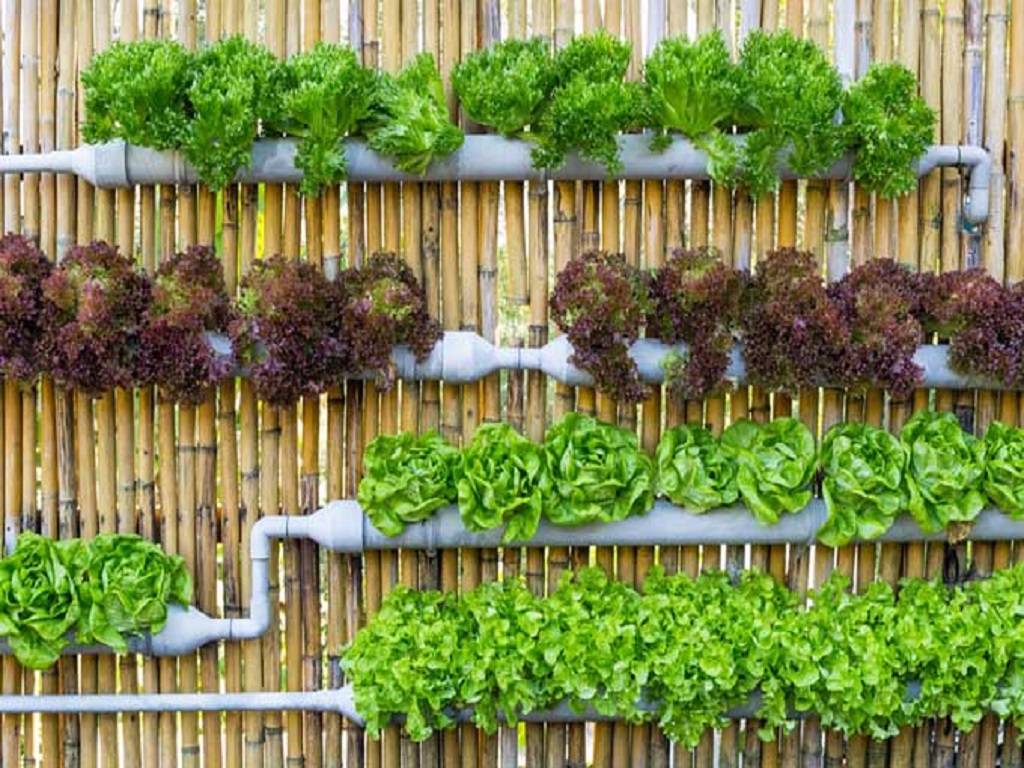
On Monday (4 July), the Banaras Hindu University Institute of Environment and Sustainable Development hosted a farmers' conference and training session in Bahdurpur village, Cholapur block.
According to Dr. Jay Prakash Verma of IESD, the event was arranged under the DST-sponsored project 'Developing low-cost technology for organic vegetable production through vertical gardening at the houses of Scheduled Caste farmers in Varanasi district'.
He said that the scheme will provide farmers with the best types of palak, chaurai, nenua, taruyi, lauki, and Kohara, as well as 60 ml biofertilizer, for vegetable production in their kitchen gardens or on their rooftops.
"The program aimed at encouraging farmers to produce chemical-free vegetables and green leafy vegetables, which are immune-booster and micronutrient-rich foods," said Dr. Verma.
He has been researching biofertilizers, bio-decomposers, bio-controlling agents, PGPR, and Endophytesto, to develop potentially microbial inoculants for multiple crop production in Uttar Pradesh for the past 15 years.
He and his colleagues identified soil bacteria from rhizosphere soils in Azamgarh, Jaunpur, Mirzapur, Chanduauli, Varanasi, Allahabad, Sonbhadra, Lucknow, Pratapgarh, Meerut, Balllia, Ghazipur, and Gorakhpur.
Following separation, the plant growth-promoting capabilities were examined to produce efficient and indigenous microbial inoculants as prospective bio-fertilizers for diverse crop production.
Dr. Verma emphasized kitchen gardening and composting of kitchen waste to convert compost and utilize it for vegetable production in one's own garden or in any plastic tub vertically to grow the most veggies and green leafy vegetables under a vertical farming setup. This allows SC farmers to cultivate veggies at home as well as in fields, boosting their immunity and alleviating nutritional deficiencies, he says.










